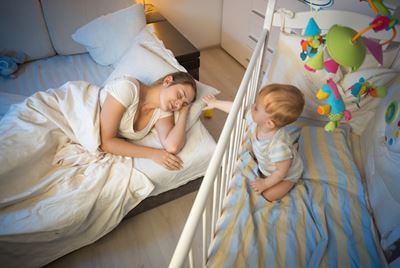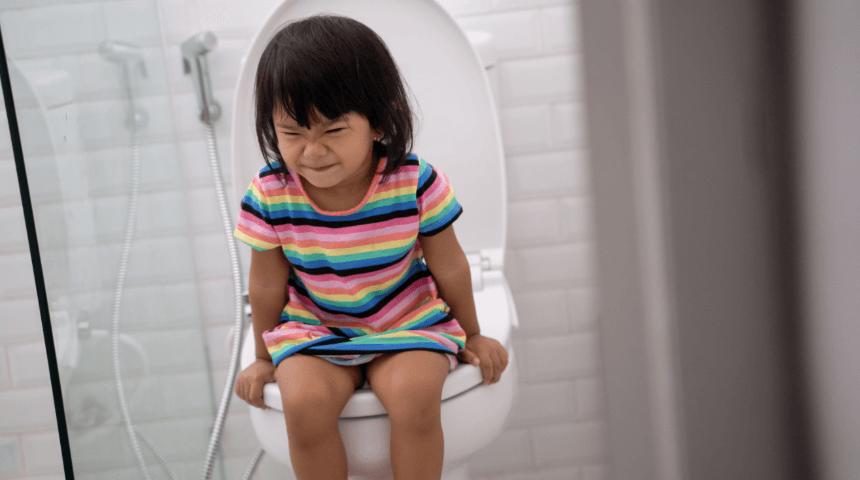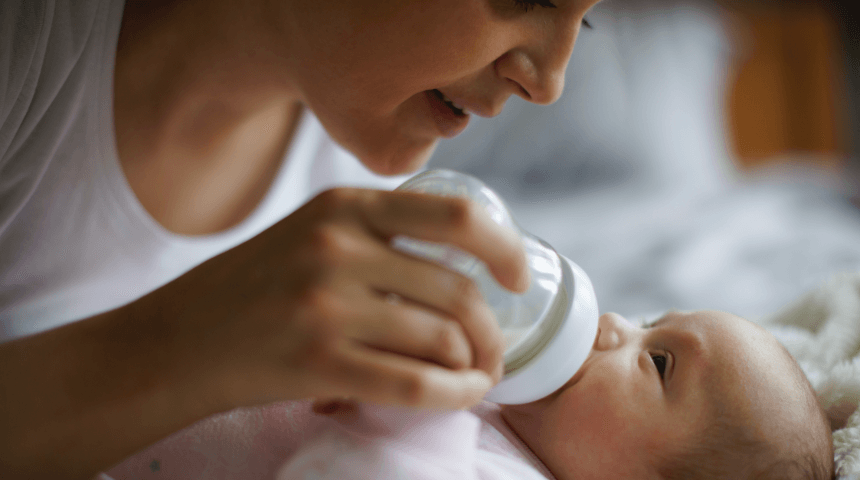The differences between these two sleeping arrangements can mean life or death for your baby. Dr. Rachel Prete, Pediatrician at Arnold Palmer Hospital for Children answers questions about the differences of each, their pros and cons and tips for new parents considering each approach.
What are the main differences between room sharing and bed sharing?

Room sharing and bed sharing can often be mistaken as being the same thing but they are very different. Room sharing is when an infant sleeps in the same room as the parent but shares a different sleep surface such as a crib, bassinet or cradle. Bed sharing is when an infant is sharing the same sleep surface as their parent such as a bed, chair or couch.
Why do the differences matter?
Room sharing is recommended by the AAP for at least the first 6 months of life but ideally up until the first year because it has been shown to decrease the incidence of SIDS by 50%. Bed sharing, on the other hand, has been associated with an increase in SIDS and other suffocation injuries due to the risk of a sleepy parent or caregiver potentially rolling onto the infant or smothering them accidentally during a heavy sleep.
What are the pros and cons of each?

The pros of room sharing, other than decreasing SIDS, includes better response to your infant's feeding cues while providing a safe and separate sleep space for your infant. The con of room sharing is that if you are a light sleeper it may be hard to ignore every little sound your infant makes, but this usually improves over time and you are able to identify when your infant truly requires your attention. Some parents will claim that bed sharing allows their infant to sleep longer. There is no doubt that an infant sleeps longer when being held in someone’s arms, but the risk that comes with this type of activity, in my mind, is not worth it. Many infants die every year in the U.S. secondary to suffocation from being placed on a couch, soft arm chair or in their parents bed to sleep.
Do you have any tips for parents who want to bed share or room share?
We encourage parents to always have a separate sleep space for their infant. Bed sharing is never recommended for your baby, and according to the AAP, certain situations can make bed sharing even more dangerous. These include if your infant is less than 4 months of age, your baby was born prematurely, if anyone who sleeps in the bed is a smoker, if you’ve had alcohol or if you’ve taken any medications for sleeping. Decrease the risk by not using a soft mattress, couch or arm chair as a sleep surface and remove any pillows or blankets on the bed.









